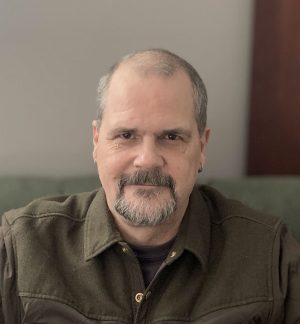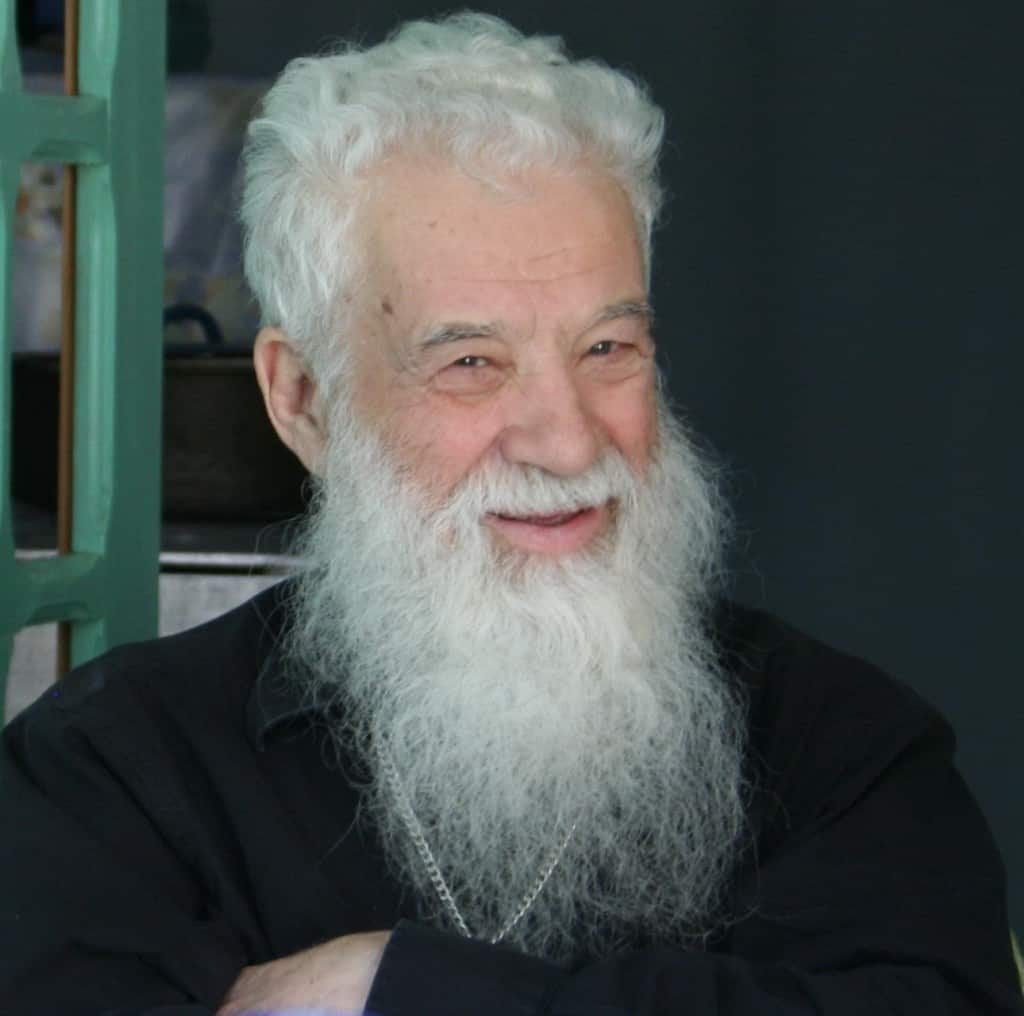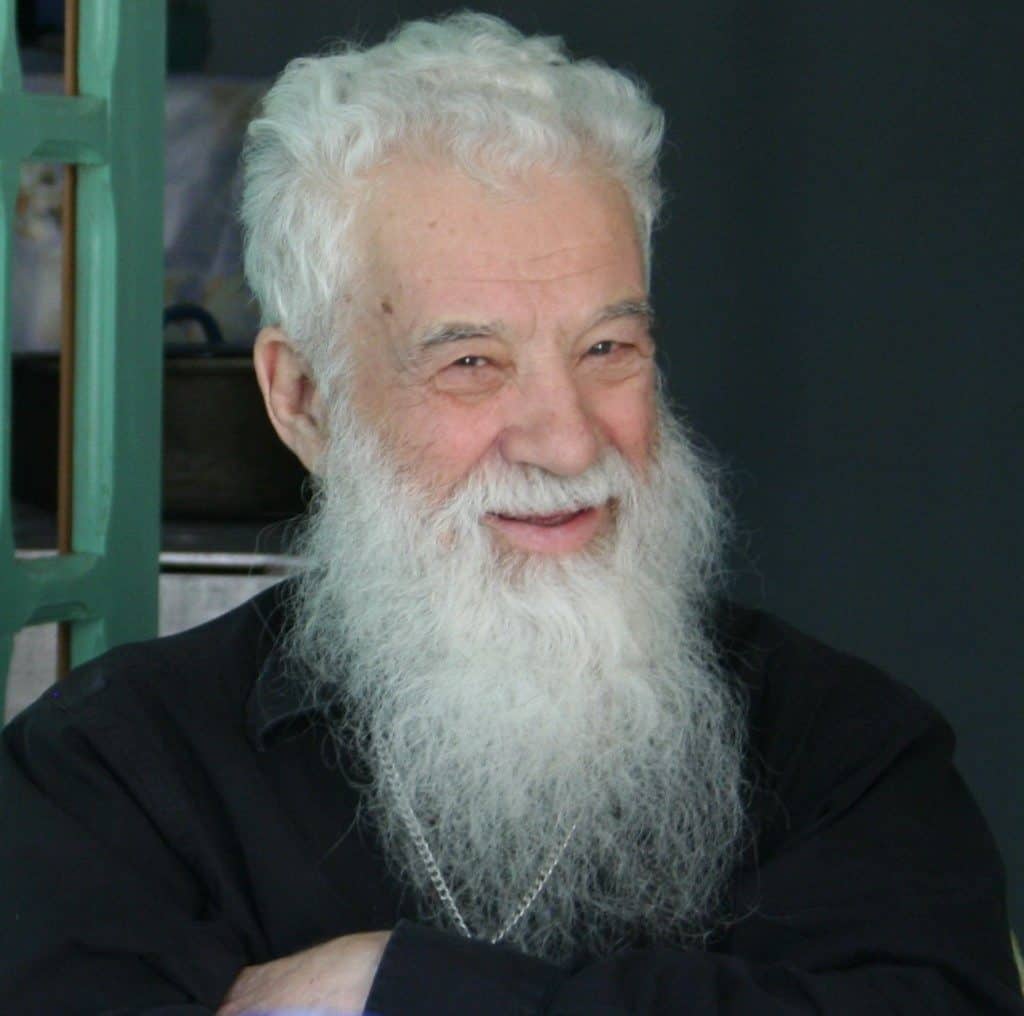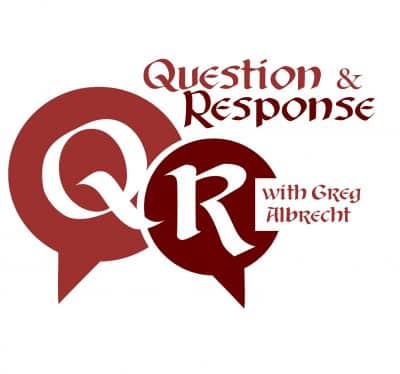The Love that Raises Us from Slavery to Friendship with God – Brad Jersak
I recently stumbled upon an interesting quote by a certain George Calciu, which I’ll cite and then follow up with an explanation of why it fascinates me:
You have avoided choosing Jesus as your friend for too long… but Jesus has chosen you to hear his voice. He did so long ago: “You did not choose me, but I chose you and appointed you that you should go and bear fruit, and that your fruit should remain” (John 15:16). The choice was made long ago, for Jesus has always loved you, young friend, but now you have responded to his call. In responding you are ordained to go and bear fruit that will remain.
To be a prophet of Christ in the world in which you live; to love your neighbor as yourself and to make each man your friend; to proclaim through your every action this unique and limitless love which has raised man from the level of a slave to that of a friend of God. — George Calciu
What I love about this paragraph is how the author identifies what ‘gospelling’ is all about in a few lines, and in so doing, begins to correct (by his silence) what it may not be about.
.
I’ll start with the latter:
Proclaiming the Good News of Jesus Christ, for Calciu, is not obsessed with converting others from one religious movement or institution to another. He is sharing good news rather than recruiting. Indeed, he seems not to be proselytizing at all.
Rather, Calciu saw evangelism as a proclamation through our lives–presumably including our words, though he doesn’t say so–that God’s love is unique and limitless. Christ’s. God’s boundless love, revealed through the life of Christ, has raised the human race from slavery to friendship (cf. Hebrews 2:14-15). That’s good news you can tell someone of any faith, religion or no faith at all. Those who hear may or may not choose to believe it … but perhaps belief will simply accompany such good news as an eye-opening gift and deep resonance.
.
This is the remarkable thing about preaching the beautiful gospel. I’ve just returned from a trip in which I got to share God’s radically inclusive to a mixed crowd. Some were Christians, others Buddhist, a smattering of New Agers, some into Native spirituality and even a few self-proclaimed atheists. All are committed to gathering and growing as a welcoming community. I spoke about how God’s love is universal while also proclaiming the unique role of Christ in revealing God as Abba (or Amma, if you prefer). I gave no invitation or challenge or call to repent. Yet at the end, one of those attending naturally responded by declaring that it was her time to “just surrender.” Surrender to what? Surrender to God’s loving offer of friendship.
.
This raises a question in my mind: if someone surrender’s to Jesus’ offer of friendship with God, do they need to become a Christian? Or is that what it means to become a Christian? And if so, do you need to identify as Christian? Or do you simply walk with God on the path Jesus provided?
.
Anyway, I wondered about Calciu’s decision not to include any mention of an invitation to respond to the good news or to describe the nature of our response. He doesn’t prescribe a the sinner’s prayer, nor make mention of repentance or faith or baptism. To me, that does say less than the Great Commission or Jesus’ and the Apostles’ own sermons. What did “go make disciples” mean to Jesus when he sent out his gospel messengers? This is going to require more thought … but Calciu’s proclamation the good news of God’s love sans an agenda for religious conversion shows a trust in the Holy Spirit’s work and honors the listeners’ pace and process.
.
That question aside, I found the quote intriguing in how Calciu integrated the gospel message of God’s love with a corresponding call to love as God loved, opening our hearts to friendship with all, just as God-in-Christ has opened Trinity’s heart and home to all. I hear him saying, “Love your neighbor as God has loved you: without limit and in true friendship.” And maybe that’s what an authentic “faith response” actually looks like. Rather than signing off on a string of religious dogmas or initiation rituals, faith/faithfulness to God’s gift is to love as we’ve been loved.












 Plain Truth Ministries | Box 300 | Pasadena, CA 91129-0300
Plain Truth Ministries | Box 300 | Pasadena, CA 91129-0300

